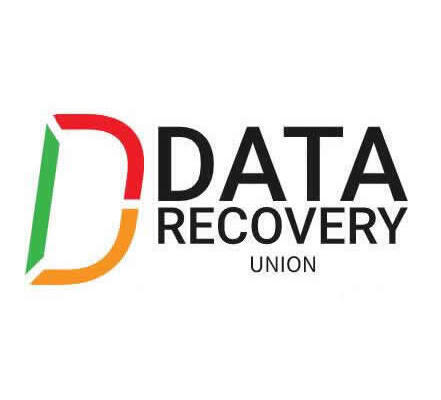
What Are the Risks of Using Portable Storage?
As far as reliability goes, USB flash drives are very durable. They are “hot-swappable” (that is, removable without shutting down the computer) and “solid-state” (that is, no moving parts). They’re great for transferring data between computers. A British television program (“The Gadget Show”) decided to put flash drives to the test. They ran over them with a car, blasted them out of cannon, and baked them in a soufflé at 400° F! What was the result? The flash drives shot out the cannon suffered because they were broken into little pieces; the rest worked just fine and retained their data.
For the majority of USB flash drive users, their drives will never go through that type of punishment. It seems that the biggest risk in using these devices is simply losing them! They are so small and compact that it would be easy to misplace a USB flash drive. Most of them come with neck strap or keychain clip that allow them to be with you constantly.
Most industry sites define flash drives as a compact storage and transporting device whereas most dictionaries define flash memory as a computer chip with a read-only memory that can be electronically erased and reprogrammed without being removed from the circuit board. By definition, using a flash drive as an active storage area could pose a risk. For instance, one user used a flash drive like a second document folder. The user was creating and editing documents on the device with their word processor re-saving active documents every five minutes. This constant writing wore out the flash memory. Just like EEPROM chips, flash devices have a lifespan (this depends on the number of write cycles, check with the manufacturer find out the expectancy rates of your particular model), however, there is no limit to the number of times data can be read.
Security is the final risk. A common use for a flash drive is to transfer files from work to home. If the flash drive was lost or stolen during the transport, proprietary company information would be compromised. In fact, most small to large companies have strict policies of what types of information can leave the premises. This highlights the importance of data encryption.
There are a number of software encryption products that will maintain data security even if the flash device falls into the wrong hands. In fact, most USB flash drives come with some sort of free encryption software; however the free software may not meet your data protection requirements. If you use your flash drive for your company’s information or for your own personal information, be sure to purchase quality encryption software. The manufacturer of the flash device should have a recommendation of software on their Web site.
